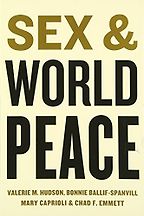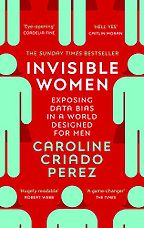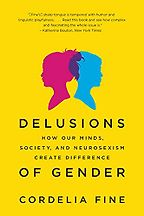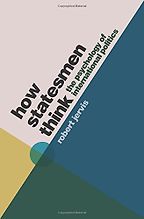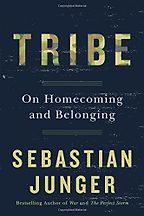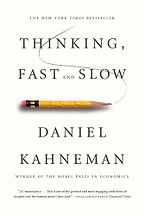Books by Bonnie Ballif-Spanvill
“Valerie Hudson and her team can show you right up front that the presence of conflict maps quite consistently onto the extreme subordination of women. In other words, those societies where women have the fewest rights are also the ones that have the most war, the most hunger… they are more likely to be fragile states, more likely to be run by autocrats. The worst governed and most belligerent forces in the world are states where they subordinate women to an extreme degree.” Read more...
The best books on Gender Inequality
Linda Scott, Economist
Interviews where books by Bonnie Ballif-Spanvill were recommended
-

1
Women vs Capitalism: Why We Can't Have It All in a Free Market Economy
by Vicky Pryce -

2
Invisible Women: Data Bias in a World Designed for Men
by Caroline Criado Perez -

3
Sex and World Peace
by Bonnie Ballif-Spanvill, Chad Emmett, Mary Caprioli & Valerie Hudson -

4
Delusions of Gender
by Cordelia Fine -

5
Greed, Lust and Gender: A History of Economic Ideas
by Nancy Folbre
The best books on Gender Inequality, recommended by Linda Scott
The best books on Gender Inequality, recommended by Linda Scott
Women produce about 40% of global GDP and more than half of the world’s food. But their economic and social contribution has too often gone unrecorded—subsumed into ‘household earnings’ or otherwise disregarded. Here, the Oxford academic and author of The Double X Economy Linda Scott selects five of the best books on gender inequality, and reveals how the empowerment of women might just be the route to world peace.
-

1
How Statesmen Think: The Psychology of International Politics
by Robert Jervis -

2
Demonic Males: Apes and the Origins of Human Violence
by Dale Peterson & Richard Wrangham -

3
Tribe: On Homecoming and Belonging
by Sebastian Junger -

4
Sex and World Peace
by Bonnie Ballif-Spanvill, Chad Emmett, Mary Caprioli & Valerie Hudson -

5
Thinking, Fast and Slow
by Daniel Kahneman
The best books on The Psychology of War, recommended by Rose McDermott
The best books on The Psychology of War, recommended by Rose McDermott
Traditionally, the study of international relations has been about institutions, not individuals and the psychology that motivates them. But that is changing. Rose McDermott, professor of international relations at Brown University, introduces the work of Robert Jarvis and others pioneering the field of ‘political psychology.’
